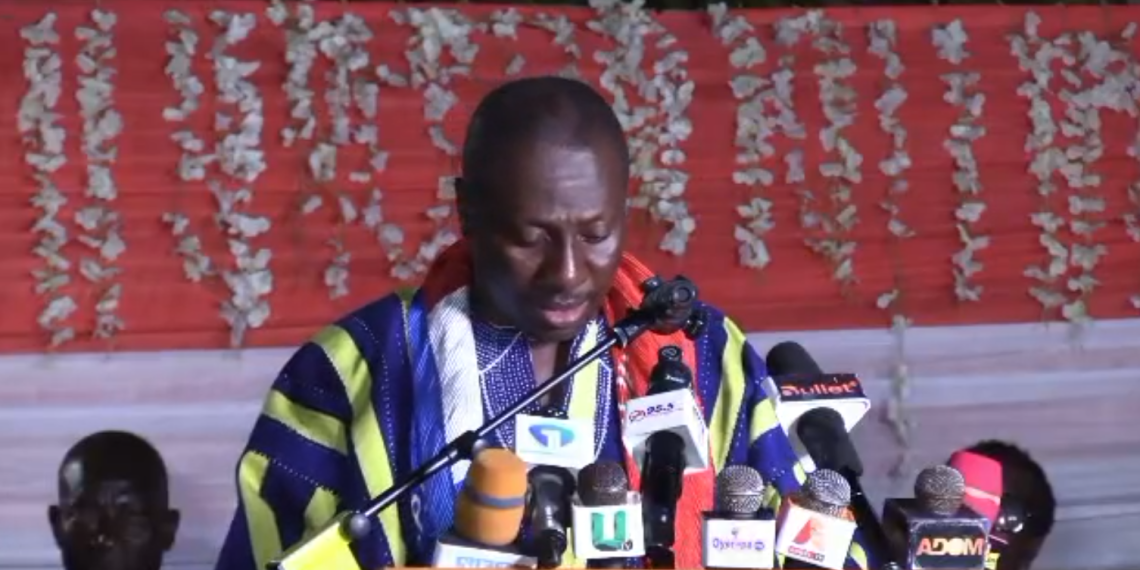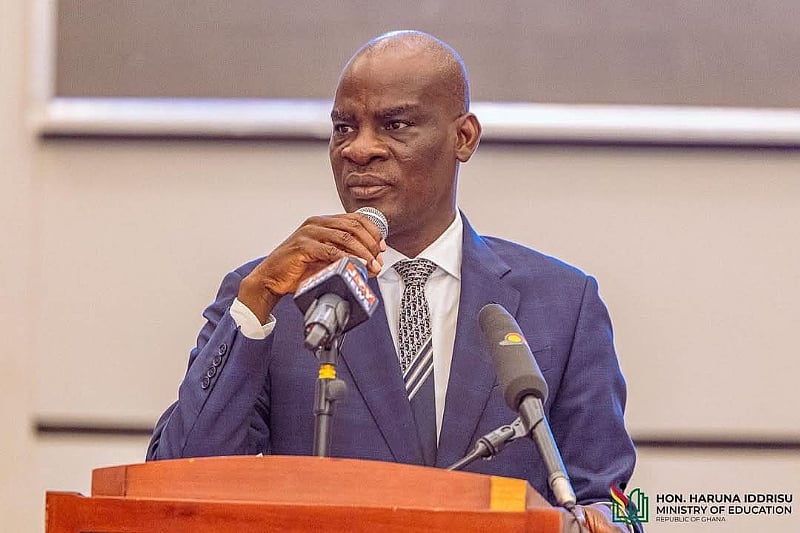Vice President Bawumia has announced that the Ghanaian Government is developing an e-mobility policy to facilitate the widespread adoption of electric vehicles (EVs) in public transportation.
The policy aims to reduce greenhouse gas emissions and lower transportation costs. The Vice President stated that the goal is to transition from petrol and diesel vehicles to fully electric ones. To familiarize himself with the industry, he visited Solar Taxi, a Ghanaian electric vehicle assembly company.
Established in 2018, Solar Taxi manufactures and assembles electric cars, motorcycles, buses, and battery packs. The company has already supplied 500 electric vehicles to the Ghanaian market, including motorcycles and tricycles in the northern regions.
With a workforce of 113 employees, Solar Taxi is one of the top three EV manufacturing companies in Africa, employing predominantly female staff. The company also possesses the technology to convert petrol or diesel vehicles into electric ones.
Mr. Jorge Appiah, the CEO and Co-Founder of Solar Taxi, has announced that the company has successfully assembled and sold over 500 vehicles. They have received orders from various African countries for electric vehicles, battery packs, and training on EV maintenance. In addition to vehicle sales, Solar Taxi also offers a ride-hailing service and motorcycle leasing.
The company provides financing options for motorcycles, cars, and buses without requiring any collateral. Interested individuals must submit their GhanaCard for document processing and transaction confirmation.
During a demonstration of their electric bus, Mr. Appiah mentioned that it can travel from Accra to Kumasi without the need for a battery recharge. The bus recently carried Vice President Bawumia, Chief Executives of STC, Metro Mass, Aayalolo, and officials from the Environmental Protection Agency and the National Road Safety Commission.
Vice President Bawumia emphasized the importance of addressing climate change, transitioning to green energy, and reducing dependence on fossil fuels
“As you know, we spend a lot on fossil fuel. But the other thing that is very, very important for Ghanaian households and individuals is the high cost of transportation,” he observed.
“If you look at the cost of transport in Ghana, there are two elements that dominate the pricing formula for transport: fuel and spare parts. Now, with what you are doing with electric vehicles generally, I mean, the fuel costs really become very minimal.
“And then because of the nature of the engines for electric vehicles, it has very low maintenance. So, with these two elements, you will reduce the cost of transport very significantly,” Dr Bawumia stated.
Vice President Bawumia recognizes the challenges that come with transitioning from fossil fuel to electric vehicles. However, he strongly believes that Ghana stands to benefit greatly from this shift. Lower transportation costs, savings in foreign exchange, job creation, and the opportunity to train more young people are just a few of the advantages. Dr. Bawumia emphasized the potential for TVET institutions to develop curricula focused on electric vehicle maintenance, as the demand for skilled professionals in this field will continue to grow.
The Vice President also highlighted the significant impact of fuel and transportation costs on Ghana’s inflation rate. Increases in these areas can have ripple effects on the exchange rate, the cost of food, and utilities. Therefore, transitioning to electric vehicles has the potential to alleviate some of these inflationary pressures.
Dr. Bawumia commended the founders of Solar Taxi for their dedication to innovation and entrepreneurship. He expressed his belief that Ghana has a comparative advantage in electric vehicle manufacturing, particularly in Africa.
Source: Apexnewsgh.com/Ghana
For publication please kindly contact us on 0256336062 or Email apexnewsgh@gmail.com











